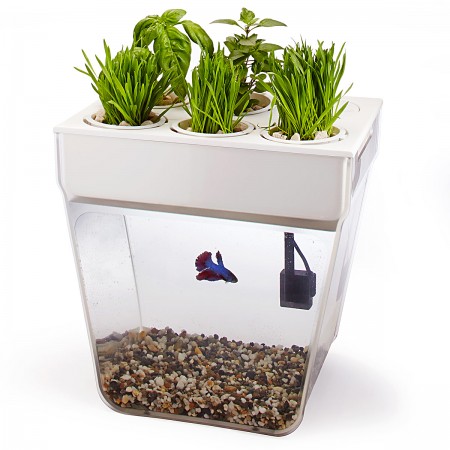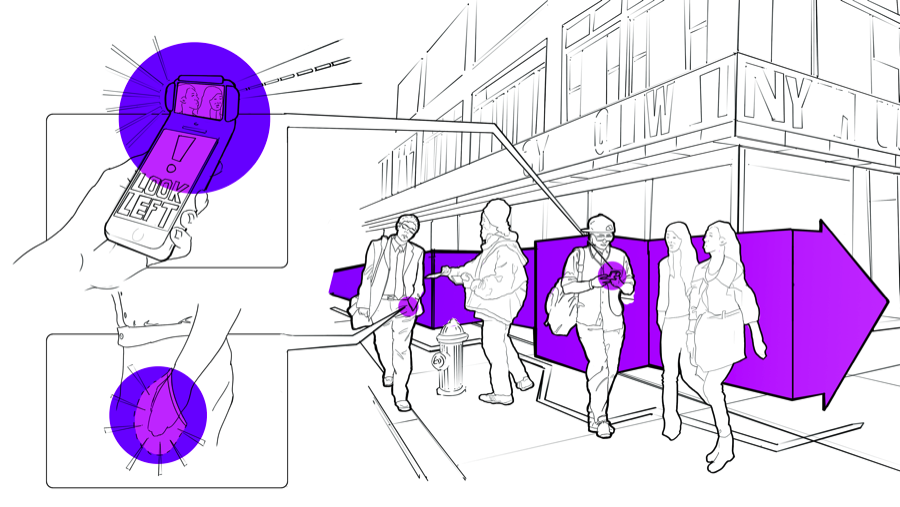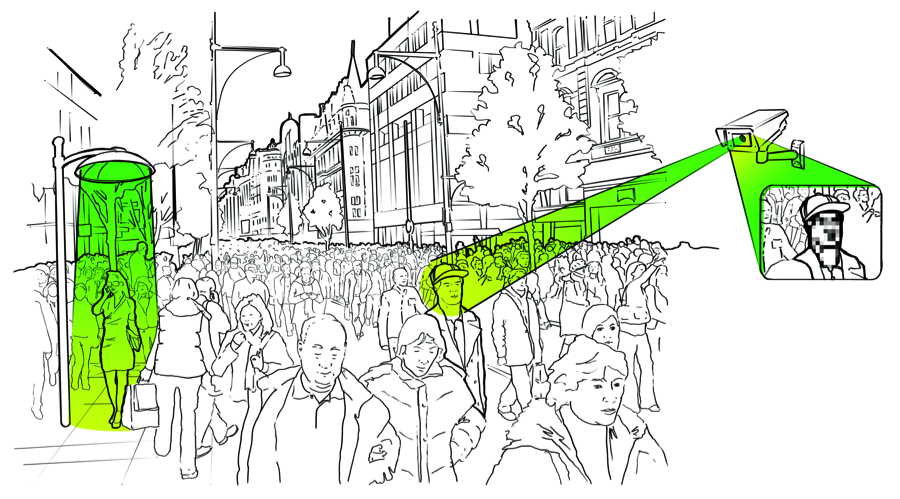Did you know crowded cities take up only 2% of the earth’s surface, but generate around 80% of its global gross domestic product? It’s an impressive statistic, but considering billions of people will continue humanity’s migration toward concentrated urban areas over the next half century, you begin to get a sense of the scale of opportunities and challenges this massive metropolitan growth spurt is generating. There are numerous mega-trends transforming and shaping the future of business and culture, but few will have the far-reaching impact of the expansion of cities. The situation is already creating new tests for businesses and residents as they attempt to navigate a landscape in flux. When a hyper-accelerating rate of urban development is the new universal constant, what does it take to deliver products that will be successful in this emerging, seemingly chaotic context?
Beginning with an exploration of the ramifications of large-scale urban growth, this is the first in a three-part series examining some of the most influential near-term trends we’ve identified. These observations come from research into the cross-section of cultural anthropology, market research, trends observation and forecasting, and industrial and experiential design.
Agri-Culture
While metropolitan expansion is pushing large farms further away from city centers, city dwellers are clamoring for fresh, local and sustainable produce. To meet this growing need restaurateurs, farmers and residents are getting creative: rooftop, vertical, floating, container and community farms are growing in popularity around the world. In New York City, The Science Barge produces healthy organic food in the middle of the Hudson River, while the Waldorf Astoria hotel’s restaurant serves high-end cuisine from fresh fruit and vegetables, to herbs and honey raised on its 20th-floor roof. There is a growing need for home solutions to food production as well, so products that introduce urbanites to on-site beekeeping, backyard chicken coops and home fermentation can be found in the catalogs of major retailers like Williams-Sonoma and Home Depot. On a smaller scale, Bay Area company Back to the Roots provides closed-loop water micro-gardens and DIY mushroom growing kits the size of a shoebox, designed to accommodate even the most compact lifestyle.

Urban Defense
From rooftop farmer to office worker, the everyday barriers to a healthy crop and a healthy lifestyle are the same: pollution, expensive real estate, competition for limited resources, traffic, contagions, etc. In Asia, home to many of the world’s largest and most polluted cities, there is already a huge demand for products that protect your skin from dirty metropolitan air. Popular brand Hua Niang launched a skin care line designed to target problems caused by city pollution. US beauty companies have followed suit: a growing list of brands like Olay, Clarins, La Prairie and Clarisonic have released their own versions of products designed to protect and cleanse the skin from air pollutants and the rigors of city life. But this trend runs more than skin deep: supplements that purport to boost your immune system are pervasive in grocery and drug stores (stocked alongside portable containers of hand sanitizers) and designers worldwide are working on ways to integrate air filtration into high-fashion clothing.
From our partners:

Augmentality
As urban dwellers attempt to manage their immediate surroundings, they are looking for ways to improve themselves too. Consumers are turning to on-body technology to provide the edge they need to stay healthy and competitive in fast-paced cities brimming with people vying for the same jobs and opportunities. Technological augmentation is nothing new – just ask anyone with an insulin pump or pacemaker – but the more accessible benefits of advances in wearables are only now beginning to be understood by mass-market shoppers. Those who want to stay in shape, or even improve their posture, use clip-on devices like the Lumo Lift, which tracks activity and buzzes when users begin to slouch. Tech-enhanced clothing like next-generation Cityzen Sciences’ D-Shirt integrate sensors woven into the fabric to detect movement, heart rate, speed, breathing patterns, and GPS location. And of course, there’s Apple’s new Watch, which is predicted to either flop or finally take wearables mainstream.

Conspicuous Isolation
With all the improvements provided by the omnipotent connectivity of wearables, portables, etc., city dwellers are discovering that – sometimes – it feels good to just turn it all off. But that can be difficult: no matter what your “out of office” says, everyone knows you’ve got a smart phone that you check incessantly. What if you want a moment of time disconnection? The Digital Detach app, for example, temporarily limits everything on your phone, except for calls and texts. For those who like to make more of a statement, tech abstainers can post selfies with signs that say “I unplug to…” on the new National Day of Unplugging website. In the physical realm, movie theaters and privacy-lovers use blockers to set up “no signal” zones, and publications like The Washington Post, Forbes, Business Insider and BBC.com feature lengthy, impassioned articles on the failures of open office plans, inspiring furniture manufacturers like Steelcase to market “quiet spaces” for “office introverts.”

Frugeois
If being overwhelmed by the mental clutter of too much connectivity is a modern urban malaise, the desire to minimize the amount of physical clutter in one’s life is its counterpart. Consumption is inherently restrained for city dwellers living in tiny apartments that command exorbitant rents. In response to this, some residents are embracing frugal – yet stylish and sophisticated – living, on their own terms. Fashionable clothes and accessories can be rented by commitment-phobic cosmopolitans with tiny closets, allowing them to “cycle through” rather than collect. Websites and magazines tout the minimalist lifestyle. Boomers have popularized the “downscaling” trend as they sell their large, empty houses and move to small condos in the city to be closer to restaurants, nightlife, culture and more, as they recognize—along with so many others— that experience almost always trumps the accumulation of stuff. But that’s a story for next time.

Massive urban growth is one of the defining characteristics of our time—and it’s just getting started. As cities worldwide continue to ramp up the growth cycle, we’re seeing the beginning of a whole new wave of businesses, products and services that cater to new consumer needs as they materialize. Proactively identifying these needs, and recognizing the ones with the most product development potential has never been more difficult—or more important—for ambitious brands. But with an open mind and a critical eye, it becomes possible to see patterns of real, concrete opportunity emerge in the context of an unpredictable environment.
This feature is adopted from Print.














